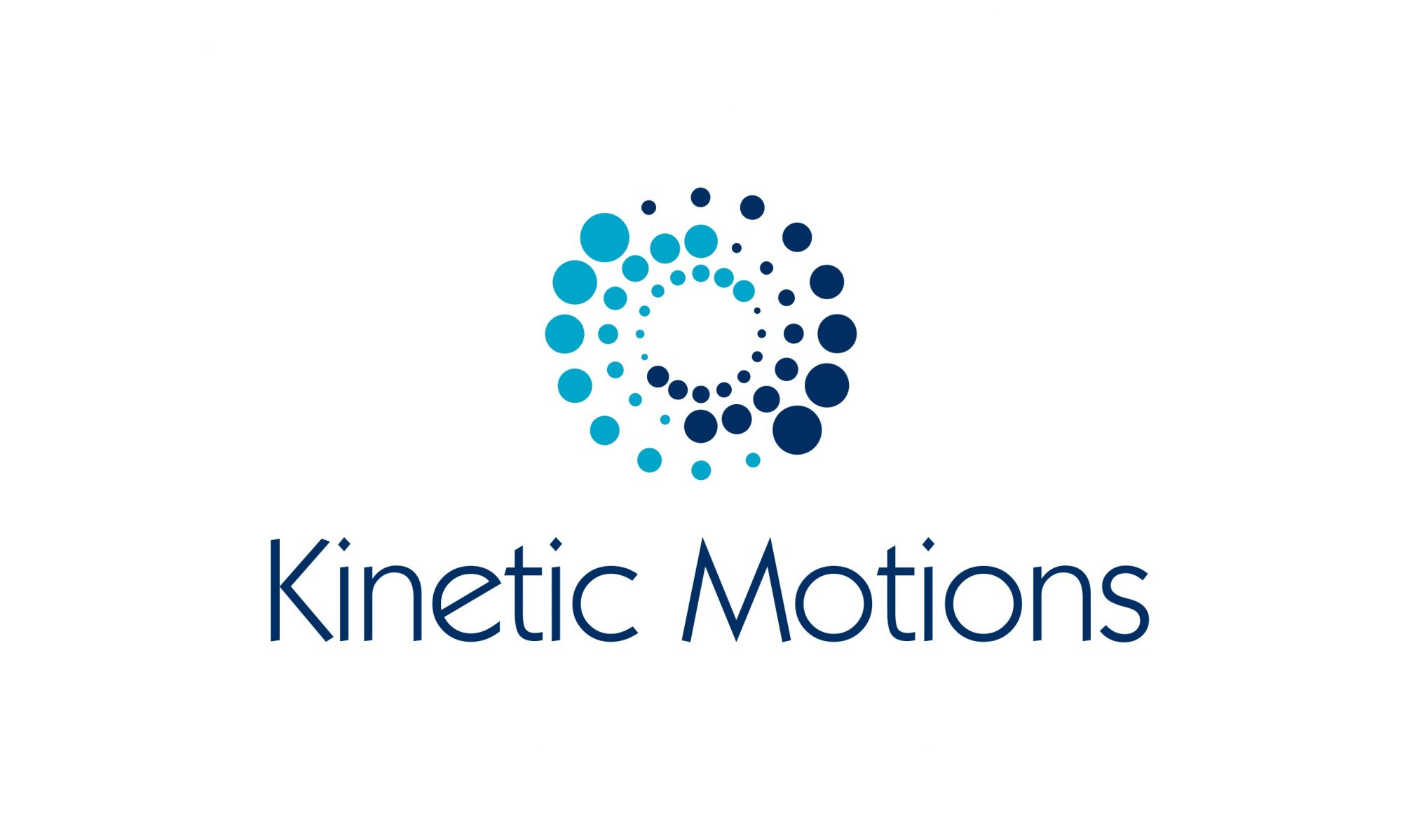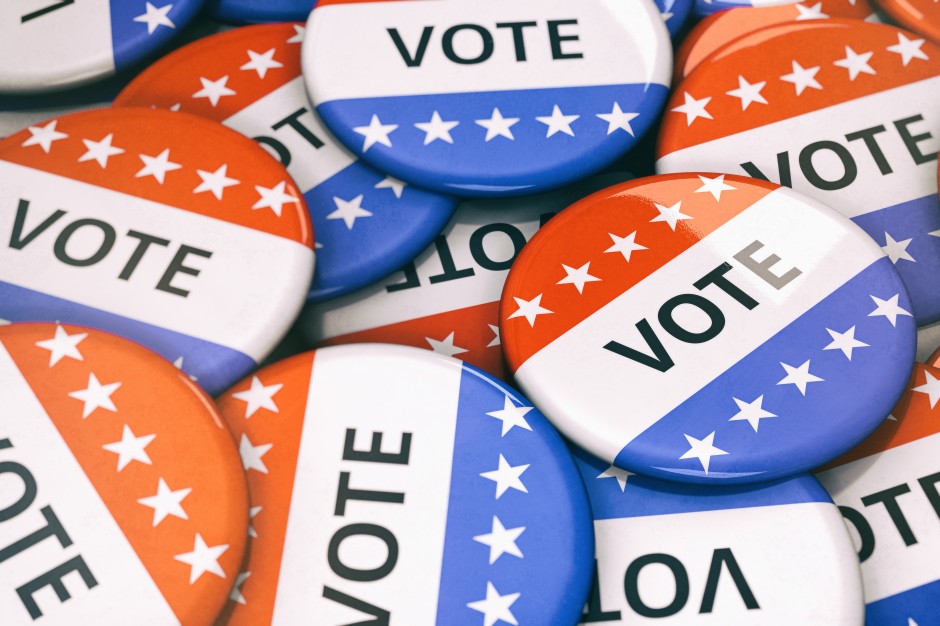Earlier this week, Justin Trudeau, the Prime Minister of Canada, announced that he will resign as the leader of the Liberal party, and of course as the Prime Minister. I am not going to use this space to weigh in on politics or express my opinion on our current Prime Minister. I read many articles and listened to even more interviews about Trudeau, the person, and I was struck by one particular theme running through the analyses: whether he is an introvert or extravert, or maybe a mix of both.
The more articles I read, in particular, Susan Delacourt’s excellent opinion piece in the Toronto Star, the more I looked inward. I reflected on how others see me, and how I view myself.
Society has created a rather defined idea of what an introvert or extravert is. When I searched for introvert, I found descriptive terms such as reserved, quiet, often shy, introspective, and prefers to be alone. I read that an introvert needs to expend quite a bit of energy to survive and thrive in social situations.
Then there is the extravert. This person may be defined as outgoing, sociable, high energy, talkative or even outspoken. They gain energy from social interaction, and this is interesting, they may be more concerned with external reality than inner feelings.
These definitions seem harsh to me, and I think we quickly judge people and place them into one of the two camps: introvert or extravert. If someone is a bit loud, or gregarious, in a group setting, we point and say they are an extravert. But, maybe all the talking is really just a façade for a person who feels anxious in the group, who is working extra hard to please everyone. Maybe, once you get to know this person, you realize they are extraordinarily shy and they over compensated, just to try to fit in.
Then there is the quiet member of the group. They don’t say much, and they sit off to the side. We assume this person is an introvert and is unable to “get out of their shell.” But maybe it’s situational. Maybe in the right place, with the right people, that person is chatty and outgoing and in the centre of the action.
As I read, and now as I write, I really can’t place myself on either side of the debate. If you have interacted with me at work, I am sure most people wouldn’t hesitate to say that I’m an extravert. I’m talkative and usually very outgoing and sociable. I’ve always been the person to raise my hand to participate in something new, and the more I invest, the more energy I gain.
I’ve been described as passionate, tenacious, with a can-do attitude. But I work hard at that. Like an introvert, I expend a lot of energy in social situations (in my career and personal life). I’m actually a natural home-body, and no matter what I do, I’m a planner. I think about all the steps I need to take to accomplish anything, even if it’s just to drive to the grocery store for milk and eggs. I think carefully about the route I drive to any destination, and I work backwards in my timing when I need to complete a task. I feel instant anxiety when I am not prepared or lose control of a situation.
What does this have to do with whether or not I’m an introvert or extravert? Well, I work hard, and I carefully plan, how, even why, I’m talkative or outgoing in a group. I think about the people with whom I will interact and how I must carry myself. I’m quite chatty among my peers, offering suggestions and sometimes a strong opinion. If I’m in a room with people who may be more senior than me, or more experienced, I’m quieter. I listen more, and while what I say will always be genuine and honest, I will say less.
It doesn’t mean that I’m not thinking and planning out every moment. And depending on the formality of the situation, I may loosen up! If I know the group well, I will speak more, be a bit louder and take in the energy of my surroundings. Put me in a space where I feel intimidated, like a party where I only know a few people or a networking event when I know I need to interact with key individuals, I’m nervous. I will even go as far to say that I’m often anxious. My inner introvert may take over and convince me that I don’t belong or that staying quiet is the better course of action.
I don’t think I’m unique. I think most of us are a mix of introvert and extravert, but it’s not necessarily balanced 50/50. Human beings are complex, and we display many different behaviours or traits, depending on the situation or the people we are with.
That’s true of Canada’s Prime Minister, many multi-national CEO’s, celebrities, professionals, skilled labourers, and yes, me. Social interactions are hard, no matter how a person is defined. It’s easier to stay home, be alone, read a book or watch TV than it is to put yourself out there in the world.
This blog, Kinetic Motions, is one of the ways I put myself out there. Writing is freeing for me, where I’m comfortable and happy. But it doesn’t mean I won’t continue to work hard at being the best version of me, as introvert or an extravert.



